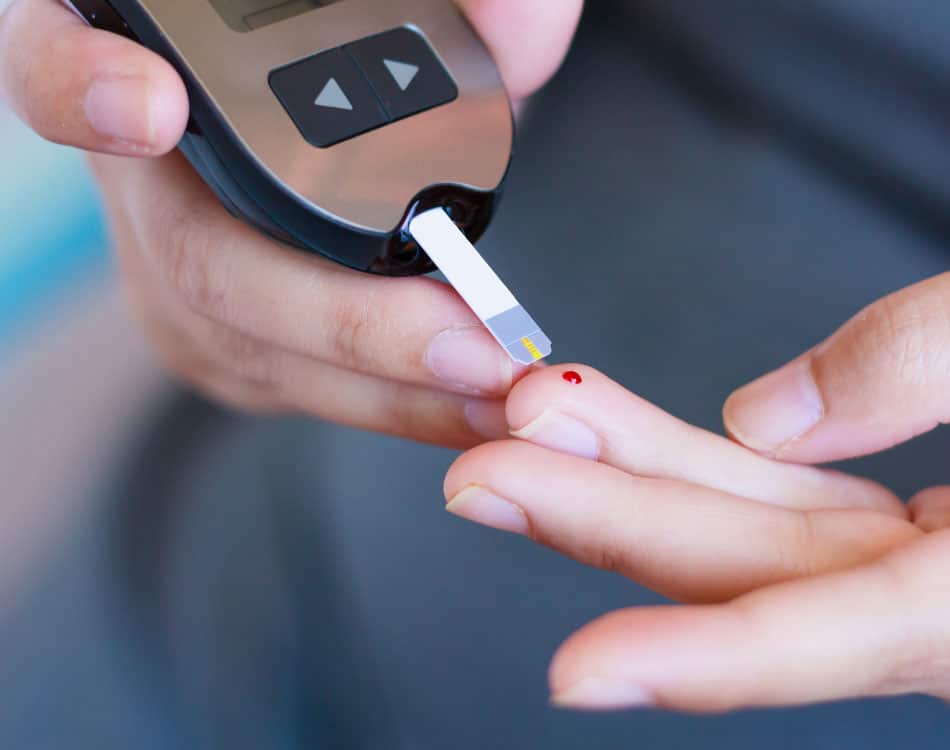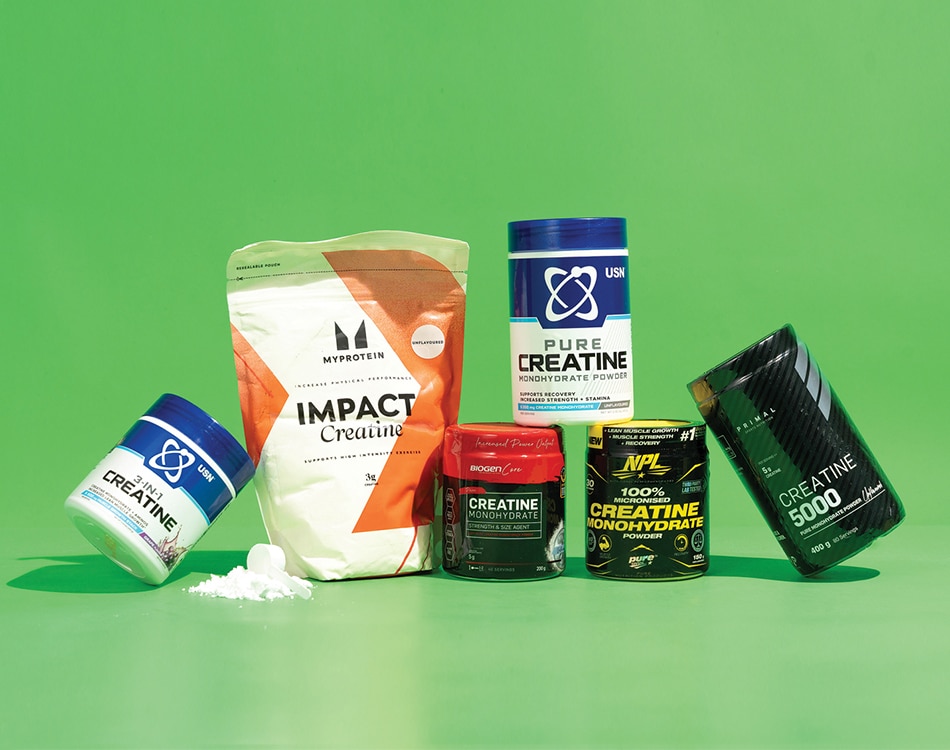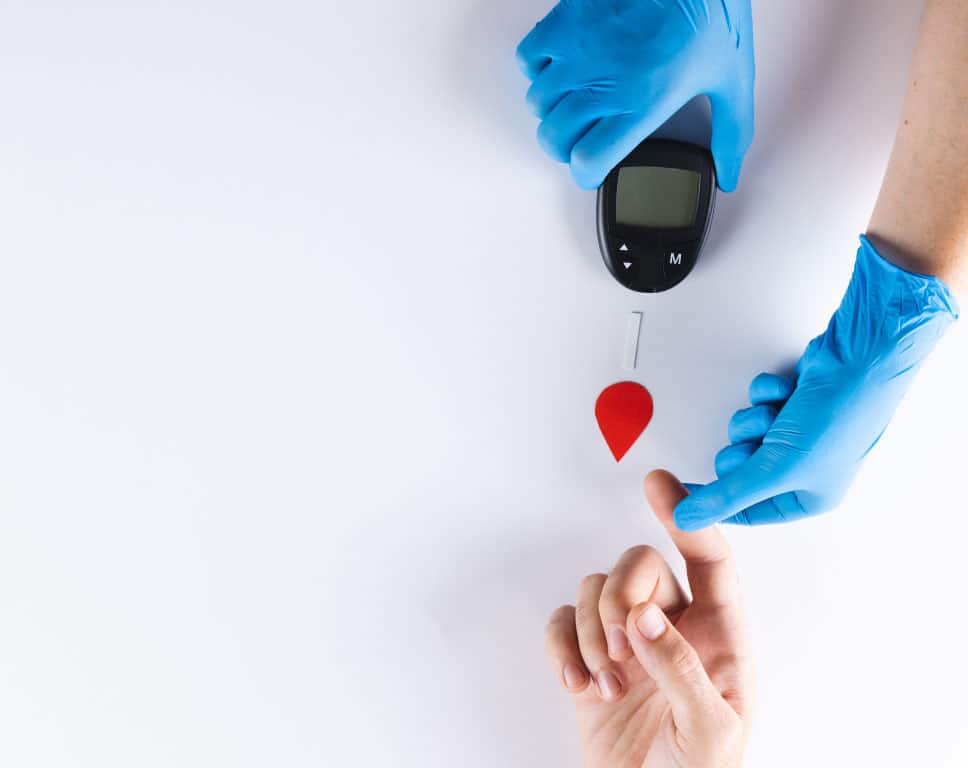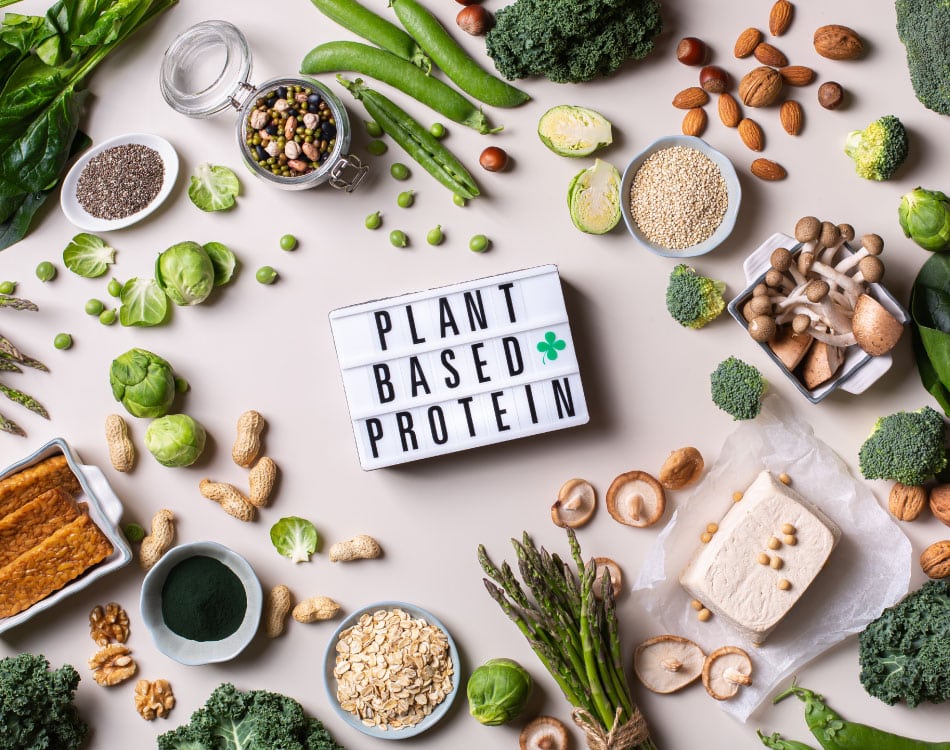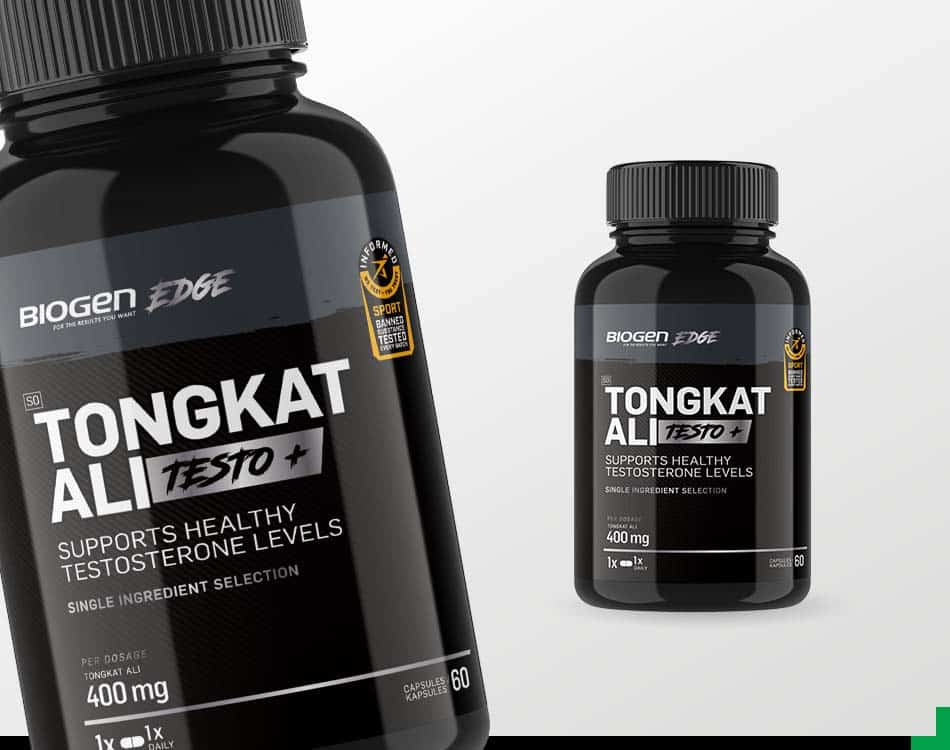Managing your blood glucose and insulin response and maintaining insulin sensitivity are important objectives for anyone who cares about their health and athletic performance.
New to the Biogen Platinum range available at Dis-Chem, Biogen Blood Glucose Support contributes to the maintenance of normal blood glucose levels, promotes macronutrient metabolism and improves insulin sensitivity.
READ MORE | Prevention Is Always Better Than Cure When It Comes To Type 2 Diabetes
How glucose for sustained energy
Our bodies need energy to support bodily functions and our efforts during exercise, and glucose – a simple sugar – is our primary fuel source, especially during high-intensity or prolonged activities.
We primarily derive glucose from carbohydrate-based foods, drinks and supplements. Our body stores glucose in muscle cells and the liver in the form of glycogen, which is a substance formed when multiple glucose molecules combine.
When we need energy, our body quickly and efficiently breaks down glycogen stored in muscle cells, providing a readily available fuel source during exercise.
Very intense or prolonged exercise triggers the release of stress hormones like adrenaline, which causes the liver to break down glycogen to release glucose into the bloodstream, raising blood sugar levels.
As we deplete glycogen stores, the body shifts to using circulating blood glucose and fat for energy.
However, unlike fat, which requires more complex processing, our body can rapidly convert glucose into ATP (adenosine triphosphate), the primary energy carrier in cells.
READ MORE | 4 Nutritional Myths That Undermine Your Health And Weight Loss
Replacing stored glucose
During prolonged exercise, it is crucial to consume carbohydrates before and during activity to sustain our energy levels and fuel our efforts.
For extended physical activities, especially endurance events (which include activities like marathons, triathlons, and long-distance cycling that last several hours), athletes should aim to consume 60-90 grams of carbohydrates per hour1, which is equivalent to approximately 240-360 calories.
A meta-analysis2 published in the journal Nutrients, which reviewed current evidence concerning macronutrient intakes, hydration requirements, and supplement use in endurance sports, confirmed that athletes who race for 2.5 hours or more will benefit from carbohydrates “intakes of 60–70 g/h, and up to 90 g/h if tolerable”.
This energy can come from multiple sources based on individualised factors such as preference, tolerability and differences in energy metabolism, such as whole food or highly bioavailable supplements.
READ MORE | Are You Fighting A Losing Weight-Loss Battle?
The insulin response
Once glucose enters the bloodstream, our body releases insulin, a hormone that facilitates the uptake of glucose into muscle cells.
As your muscle cells use glucose for energy, the levels in your bloodstream decrease. Exercise enhances insulin sensitivity, meaning your muscle cells become more efficient at absorbing glucose.
This effectively means your body becomes more efficient and effective at metabolising glucose for energy, which maximises the impact that ingested carbohydrates have on your performance.
You can further enhance insulin sensitivity and support glucose metabolism by using a supplement like Biogen Blood Glucose Support.
New to the Platinum range, Biogen Blood Glucose Support is formulated to contain BioPerine, Berberine and Inositol, which helps maintain normal blood glucose levels, promote macronutrient metabolism and improve insulin sensitivity.
In contrast, poor insulin sensitivity can result in blood sugar spikes, as your body is unable to effectively utilise all the glucose circulating in your bloodstream.
READ MORE | Tame Your Cravings To Cut Out Excess Sugar With This Supplement
Health considerations
It is important to recognise that individuals can experience differing glucose responses depending on their insulin sensitivity, and the presence of lifestyle conditions like pre-diabetes and diabetes.
Individuals with these underlying conditions may experience a more pronounced blood sugar response to exercise.
If you suffer from these conditions, it is crucial to regularly monitor your blood sugar before, during, and after exercise, and consult a healthcare professional for personalised advice and guidance.
Ultimately, by understanding how exercise affects blood sugar and making optimising your diet and supplement plan, you can support better performance during exercise by effectively managing your blood sugar levels.
References:
- Andrew Getzin, Cynthia Milner, Marie Harkins. Fueling the Triathlete: Evidence-Based Practical Advice for Athletes of All Levels. July 2017. Current Sports Medicine Reports 16(4):240-246. DOI:10.1249/JSR.0000000000000386.
- Kenneth Vitale, Andrew Getzin. Nutrition and Supplement Update for the Endurance Athlete: Review and Recommendations. Nutrients. 2019 Jun; 11(6): 1289. Published online 2019 Jun 7. doi: 10.3390/nu11061289.

